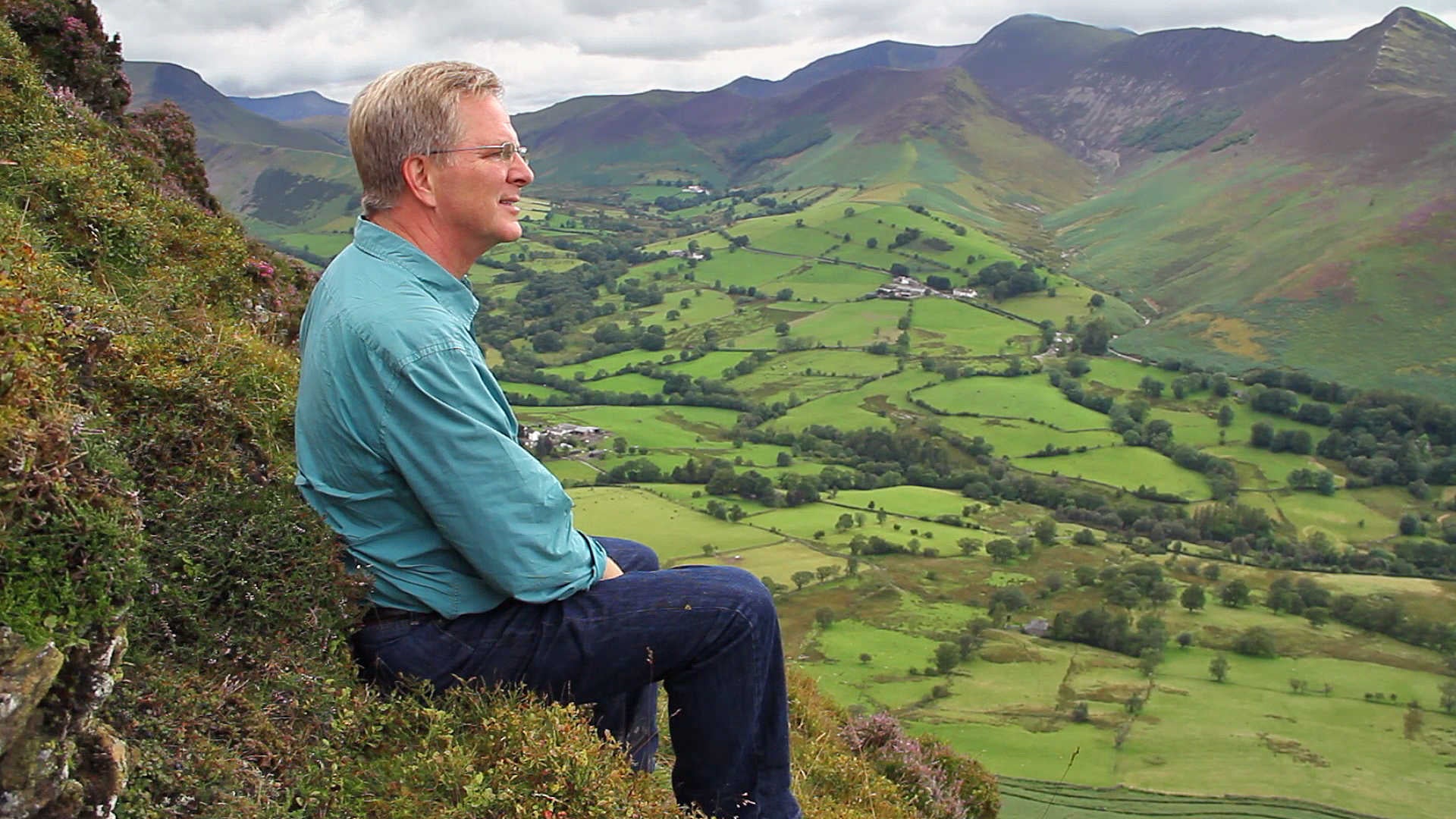Rick Steves is putting a $1 million “self-imposed carbon tax” on his travel company
Mild-mannered travel guru Rick Steves has been on fire about climate change lately. Having traveled around the world for 30 years—and encouraging millions to do the same—the 65-year old TV personality and tour operator has first-hand insight on the grave results of human-generated greenhouse gas emissions, especially for developing countries.


Mild-mannered travel guru Rick Steves has been on fire about climate change lately. Having traveled around the world for 30 years—and encouraging millions to do the same—the 65-year old TV personality and tour operator has first-hand insight on the grave results of human-generated greenhouse gas emissions, especially for developing countries.
Steves announced this week that he plans to donate a million dollars of his tour company’s profits as a kind of “self-imposed carbon tax” for the 30,000 tourists they take to Europe each year. His donation is based on the recommended $30 carbon offset credit for every round-trip economy class ticket from the US to Europe. (Steves is rounding up $900,000 to a million.)
“Every person and every business contributes to this problem, and we believe every person and every business has a responsibility to the environment,” Steves writes, to introduce his company’s sustainability program. “As a tour operator, Rick Steves’ Europe contributes more to climate change than many businesses: one round-trip flight to Europe emits roughly as much carbon into our atmosphere as driving a car for six months.”
Instead of shopping for carbon offset certificates, which one can do from websites like Green-e or Gold Standard, Steves is giving the money directly to non-profits that work in the developing world countries that bear the worst effects of climate change. He is particularly keen about organizations that attack the problem at a policy level. “As global citizens, we know we must be engaged in the world and stand up for the causes we believe in,” he explains. This year, he gave funds to 11 organizations that promote sustainable farming, reforestation, and climate education.
His announcement comes at a time of greater public awareness about the true environmental costs of jet travel. Spurred by compelling testimony from environmentalists like Greta Thunberg, more travelers are reconsidering their jet-setting habits. A recent UBS poll reports that one in five travelers are flying less because of “flight shaming” on social media. These conversations manifest in hashtags like #flyless, #flygskam (Swedish), or #avihonte (French), or even #trainbrag for those who have opted to take longer, but less polluting journeys by rail.
But Steves believes staying home isn’t the answer. “To simply stop traveling would be the wrong solution. Travel is not only a great form of recreation, but also an important opportunity to broaden our perspectives and humanize the world by experiencing different culture,” he argues.
Steves spoke to Quartz about how we can see the world without totally destroying it.
Was there one memorable trip that sparked your consciousness about climate change?
It’s hard to travel and not be aware that climate change is real. Europeans are living with climate change. I’ve watched as the Dutch (so famously frugal) have reinforced their dikes and built massive storm-surge barriers. I’ve seen how the Swiss are now plumbing ski resorts with snowmaking machines. And my German friends and I have run for cover, holding big beers and plates of sausage and kraut, when the monsoons hit on muggy late-August afternoons. But when you walk with farmers in the developing world and witness how their lives have been impacted by erratic climate patterns, it becomes clear that this is about more than soggy pretzels.
Do you speak to tourists you take to Europe about climate change and environmental issues? Do you believe it dampens the travel experience?
People travel for different reasons. And tour companies cater to different expectations. You can travel for escape and relaxation, or you travel to learn more about the world and our place in it…At Rick Steves’ Europe, our mission is educational—to make travel transformational. We want to inspire Americans to venture beyond Orlando and gain an empathy for the other 96% of humanity—and that means not sheltering ourselves from uncomfortable truths. We strive to get our travelers out of their comfort zones and send them home with the best souvenir: a broader perspective.
Why did you choose to give the money to nonprofits instead of buying carbon offsets? Will you report on the progress of your beneficiaries?
As a wealthy business owner in a wealthy country, I wanted to both address climate change and help the developing world. Rather than buy carbon offsets (which is a fine thing to do), with this program, I get to enjoy a kind of philanthropic twofer by helping farmers in the developing world have better lives while employing climate-smart agriculture and forestry techniques. We look forward to reviewing and reassessing the list of organizations we are supporting each year.
Any advice on how travelers can lessen their climate impact?
Rather than instruct people on how to travel in a way that hurts the planet less (there are already plenty of good ideas out there about this), we’re more excited about promoting “mitigation”—supporting organizations that balance out the bad we create with good, so our travels can be carbon neutral. And when we walk that talk, we hope to inspire both tour companies and individual travelers to do the same.
Looking for more in-depth coverage on traveling? Sign up for a free trial of Quartz membership, and read our premium field guide on how to master your next trip.